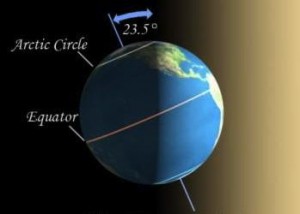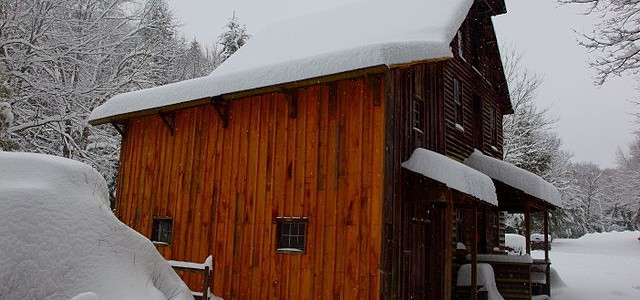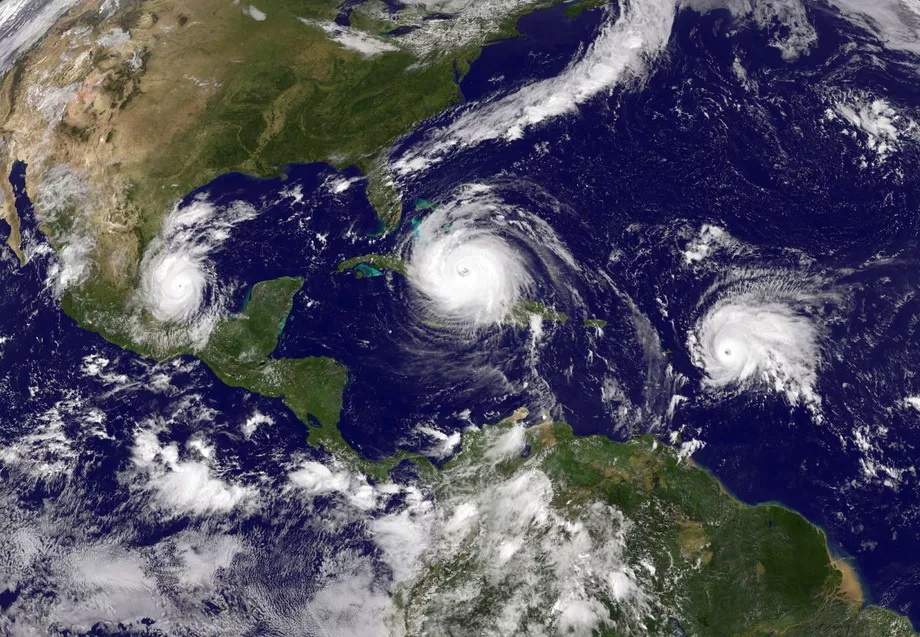Climate science
-

The December solstice (winter solstice for the Northern Hemisphere, and summer solstice for the Southern Hemisphere) occurs this year on December 21 at 10:59 am EST. For us in the Southeast, it marks the shortest day of the year. I for one am looking forward to seeing the day length increase again! It is also…
-

Are you dreaming of a white Christmas? It’s pretty rare in the Southeast, but other parts of the country have also struggled to see one in recent years. Seth Borenstein of AP posted a story this week describing the lack of snow in other parts of the country. You might think it was related to…
-

Yesterday we looked at the current state of La Niña and how it may affect our weather in the comings weeks and months. Today NOAA’s Climate Blog posted some additional information about La Niña and how it is described using different figures and graphs. You might find the extra information useful in understanding what La…
-

The Garden Professors blog has two interesting and related posts describing how cold-hardy plants can survive temperatures well below freezing. If you are a gardener or farmer, you might be interested in reading about this. The two posts are listed below: Part 1: The mechanics of how plants survive cold temperatures https://gardenprofessors.com/a-gardeners-primer-to-cold-hardiness-part-1/ Part 2: How…
-

Is there a long-term trend in hurricanes? In the past, scientists have thought that there was a 30-year cycle in hurricane numbers, but more recent studies have shown a trend in Atlantic hurricanes that is increasing over time. Interestingly, this trend does not appear in records for other basins. Here is a new study published…
-

Have you heard the term “flash drought” and wondered where it came from? Here is an interesting journal article on the history of when it was first used and how it is identified. The abstract is below to its online publication in the Journal of Applied State Climatology. Even though it is a journal I…
-

December 1 marks the beginning of climatological winter, which corresponds roughly to the coldest 90-day period in the year across most of the country. Climatologists use December 1 through February 28 (or 29 in a leap year) as the winter period rather than using astronomical seasons. The map below from Brian Brettschneider @Climatologist49 shows this…